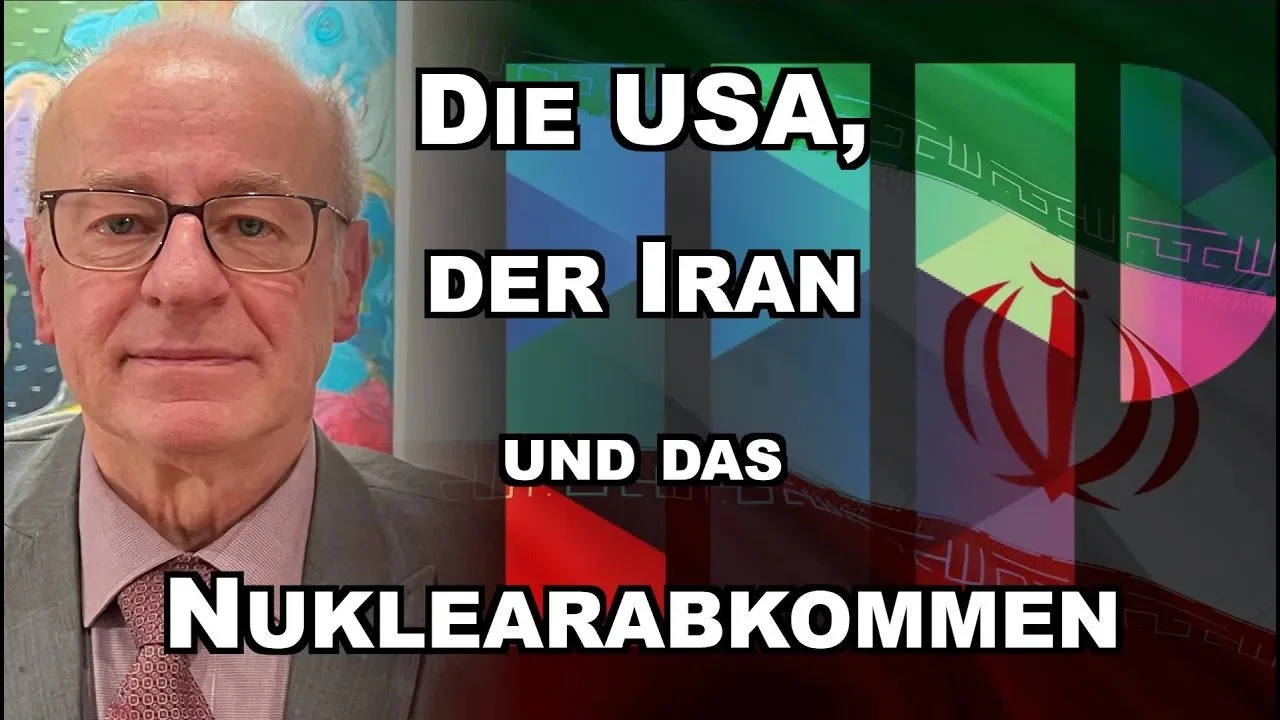Direktorin vom IIP Stephanie Fenkart spricht im Interview mit Anchor Daniel Retschitzegger über die Rolle von Österreich im Ukraine-Krieg.
Der neue Ost-West-Konflikt
Die Welt befindet sich in einer Großmächtekonkurrenz zwischen den USA, China und Russland. Großmächte versuchen, ihre Einflusszonen zu behalten oder gar auszuweiten, und sie reagieren nervös, wenn sich eine andere Großmacht ihren Grenzen nähert. Die Welt steht vor einer neuen Polarität. Die Polarisierung hat zwei Charakteristika: Ideologie und Bündnisbildung.
Veraltetes Konzept oder wichtiger denn je: Schützt die Neutralität Österreich vor Krieg?
Polit-Experte Gärtner: „Österreich hätte alle Voraussetzungen, einen Verhandlungs-Kongress vorzubereiten“
Vor rund einem Jahr, am 24. Februar 2022, startete Russland einen Angriffskrieg auf die Ukraine – dem eine lange und komplexe Vorgeschichte vorausging. Seitdem sind laut UN über 8.000 Zivilist:innen sowie zigtausende Soldaten auf beiden Seiten gestorben und Millionen Menschen auf der Flucht. Ein Ende scheint nicht in Sicht. Kontrast hat mit Politik-Professor Heinz Gärtner über die Eskalation in diesem Krieg, die Rolle von Propaganda sowie über die Gefahr eines Atomkrieges und eines neuen Kalten Krieges, aber auch über die Friedensbewegung gesprochen. Er erklärt, warum seiner Meinung nach Waffenlieferungen lediglich den Status Quo einzementieren und wie Österreich mit engagierter Neutralitätspolitik zu einer Entspannung der Lage beitragen könnte.
KULTUR IN ZEITEN VON DE-KOLONIALSIERUNG UND GLOBALISIERUNG
Wir leben in einer Welt die nach wie vor durch die Globalisierung gekennzeichnet ist, auch wenn es einige - oftmals übertrieben dargestellte Elemente der De-Globalisierung gibt. Anderseits ist die De-Kolonialisierung keineswegs abgeschlossen - vor allem im kulturellen Bereich. Aber beide Prozesse laufen nicht ohne Hindernisse und Krisen ab. Wenn man den zahlreichen Publikationen zur heutigen globalen Situation glauben darf, leben wir in einer Welt von zunehmenden wirtschaftlichen und sozialen Störungen und Brüchen. Die Hoffnung auf einen stufenweisen Übergang zu einer friedlichen Welt mit intensivem, friktionsfreiem Austausch von Waren, Leistungen und Ideen haben sich nicht erfüllt. Es gibt kein Ende der Geschichte, wie es Francis Fukuyama zumindest als möglich hingestellt hat.
Gender Equality in the European Union: Past and Present 🎬
Agnes Hubert is an experienced policy maker and a recognised author on EU gender equality policy and social innovation in the EU. She is currently the president of the first European Feminist think tank: Gender5+, associate researcher with Science Po Paris, visiting professor at the College of Europe and member of the committee of international and European affairs of the Haut Conseil de l’Egalité of the French government.
What future for the European Peace and Security Communities? 🎬
Taking place on the week marking one year since the start of Russia's invasion of Ukraine, this event will address the future of the European peace and security communities in the wake of the war. While pan-European organizations such as the OSCE have struggled to find a role in the new polarized environment, NATO's role as the prime collective defense organization was reaffirmed. According to some, NATO's new centrality and future enlargement will constrain the European Union's already uncertain path towards greater strategic autonomy and a higher security profile. At the same time, the European Political Community – which gathers 44 countries of the Eurasian continent – held its first meeting in October 2022. The seminar will discuss the role that these organizations can play in the coming months and years to bring stability and peace back to Europe.
Kosovo: 15 Years of Independence 🎬
Kosovo’s independence marked the last step of the Yugoslav disintegration, so one can say. In 2008, 9 years after the Kosovo war had ended, Kosovo declared its independence. Since this moment on, the young state has been recognized by over 100 UN member states but still lacks full recognition and membership to several international organizations. On the one hand, five EU members (Spain, Slovakia, Cyprus, Greece, and Romania) and two members of the UN Security Council (China and Russia) do not recognize Kosovo, which disrupts Kosovo to become member of those organizations. On the other hand, tensions between Kosovo and Serbia occur every two, three months and contribute to the overall tensions in the region. After many channels of communication and dialog failed, a new “Franco-German” proposal is now on the table. It includes the creation of the Community of Serbian Municipalities in Kosovo, Serbia not blocking the membership of Kosovo to international organizations, recognition of each sides’ travel documents, symbols and diplomas, establishing permanent missions in each respective capital and more. How has Kosovo developed since its independence? How has the relationship with Serbia affected those previous 15 years? Would Prime Minister Kurti and President Vučić sign such an agreement and if yes, how would it affect both countries? What is the role of the EU in the Franco-German proposal? Those and many more questions will be tackled by our speakers!
Buchpräsentation und Podiumsdiskussion - „Die USA, der Iran und das Nuklearabkommen“ 🎬
What would be the consequences of a revolution in Iran? 🎬
Following the killing of Mahsa (Zhina) Amini in Iranian police custody, Iran is experiencing the largest protest movement for basic human rights since the founding of the Islamic Republic in 1979. Many experts see this movement as a revolutionary moment that could eventually lead to a change in the authoritarian political system. The ruling regime has oppressed society and deprived women of their basic rights, among them the right to choose their clothes. Politics has prioritised ideology over social needs and national interests. This has also translated into an isolated economy facing sanctions pressure, and a population suffering severe economic hardship.











